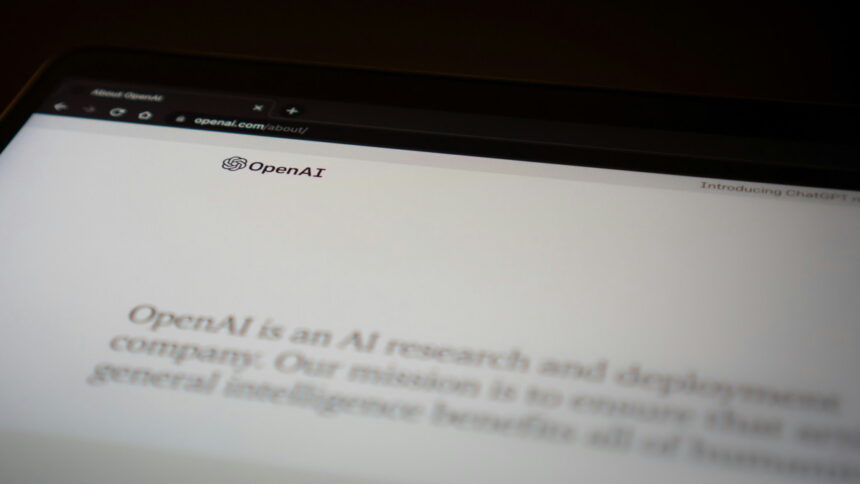Suchir Balaji, a former employee and whistleblower of Open AI, died recently. An investigation into his death was highly publicized. The 26-year-old was found dead in his apartment on Buchanan Street in San Francisco back on November 26th. According to the San Francisco Police Department, first responders were called because a check on well-being was requested. A subsequent investigation by the medical examiner concluded his death to have been a suicide even when the examination had not found signs of any foul play.
The family of Balaji has been informed, and OpenAI sent condolences to the family: “Our hearts go out to Suchir’s loved ones during this difficult time.” Concerns Over AI Copyright Practices Suchir Balaji had left OpenAI earlier this year after almost four years of service, in which he worked extensively on ChatGPT. His departure came amid a growing unease over the ethical implications of generative AI technology.
Balaji told The New York Times that he is worried about how OpenAI misused the copyright data. Such practices, he said, could dent the internet’s ecosystem since “AI-generated look-alike” rivals will crop up as competition to the original creations. Balaji has been vocal over his opinions. He wrote on social media platform X last month that copyright laws and generative AI are a “ticking time bomb.”.
These statements came amidst a spate of lawsuits against OpenAI and Microsoft, where media companies accuse the tech giants of copyright violation. Balaji’s insights shed light on how innovation will have to balance with ethics in AI development.
Broader Implications for the AI Industry
The tragic death of Balaji has amplified debates about the societal impacts of AI. As one of the developers involved in the rise of ChatGPT, he had firsthand knowledge of its capabilities and limitations. His resignation and public criticism underlined a broader challenge: ensuring transparency and accountability in the rapidly evolving field of artificial intelligence.
Indeed, more and more controversy over the development of generative AI, especially those trained by vast amounts of data, goes viral around the world. With licensing proper to copyright holders, those who oppose the idea hold that this would weaken certain legal and ethical bases common in content creation industries, hence the need for fresh skepticism on the part of developers or stakeholders.
Looking Ahead
With more lawsuits filed against the biggest players, like OpenAI, the AI industry is increasingly put under pressure to take seriously the ethical and legal challenges it throws up. The whistle-blowing legacy of Balaji underlines needs for ethics in innovation, especially in technology.
As investigations into the circumstances surrounding his death continue, his story is a reminder of how issues of ethical dilemmas in technology can be personally costly. His work in the development of AI and call for transparency will probably impact discussion in the tech industry for many years to come.




